![]() — หน้าแรก — เกาะติดข่าว
— หน้าแรก — เกาะติดข่าว
ข่าวเศรษฐกิจและธุรกิจประจำสัปดาห์
-

Microfinance and non – Bank lenders asked to allow delayed repayments for struggling borrowers
Microfinance and other non-bank financial institutions have been instructed to provide repayment relief to their borrowers as most consist of low-income workers who could be hit by the economic fallout of COVID-19. The Ministry of Planning and Finance’s Microfinance Business Supervisory Committee said on April 6 that neither principal nor interest should be collected “with force”. Microfinance operators in Magwe, Sagaing and Mandalay, have already allowed repayments to be delayed since the end of March. Over 80 microfinance organisations operate in Yangon Region but only around 10 of them have voluntarily extended repayments in light of the global pandemic. Most of the lenders have weekly repayment arrangements with borrowers. So far, repayments have been deferred for one month on average. -

The trade volume of Myanmar – China reached USD $ 10 million daily in April of current financial year
Trade volume of Myanmar and China is reached US$10 million daily now as trade activities are resumed since at the end of February though Myanmar-China border trade volume reduced to over US$1 M daily before the end of February due to COVID-19 outbreak, according to an announcement from Ministry of Commerce. Although trade activities in Muse 105-mile border trade center are not stopped, trade volume was between US$10 and US$15 million daily before the travel restrictions in China. It is reduced between US$1 and US$2 million daily after the travel ban in China. However trade activities are resumed from February 24 and the trade volume is reached over US$10 million daily and trade is returned to nearly normal, according to the announcement. -

Ministry of Commerce is working to grant for two month extension of vehicle import license
Car dealers will be granted a two-month extension to their import licenses, a senior official of the Ministry of Commerce said. “We are working on a plan that allows the licenses to be extended for up to two months as most car dealers have stopped selling cars because of the COVID 19 crisis,” the official said. Import licenses are renewed every three months. The Ministry of Commerce typically allows one-month extensions for a maximum of two times. -
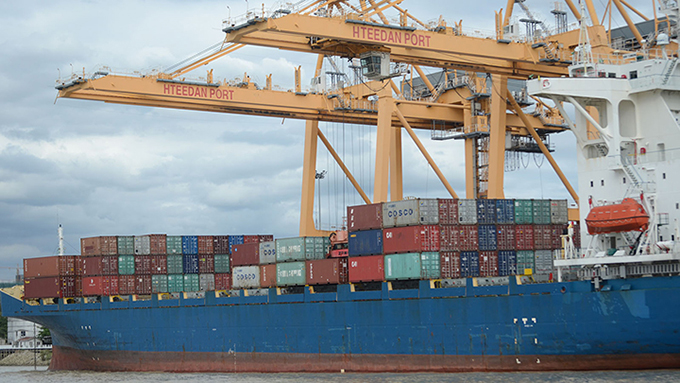
The volume of Myanmar rice export worth USD $ 475.4 million between 1 October and 27 March in the 2019 – 2020 fiscal year
The volume of rice and broken rice exported between 1 October and 27 March in the 2019-2020 fiscal year has been estimated at over 1.64 million metric tons, worth $475.449 million, according to an announcement from the Myanmar Rice Federation (MRF). In the current financial year, Myanmar has shipped rice to 59 foreign markets. China is the main buyer of Myanmar rice. The European Union countries account for over 15 per cent of rice exports, while about 37 per cent of rice grown in Myanmar goes to African countries. In the nearly half of the current fiscal, Myanmar has exported broken rice mostly to Belgium, followed by Senegal, Indonesia, the Netherlands, and Guinea. Broken rice has been placed in 52 foreign markets. Earlier, border trade was relatively high compared to sea trade in terms of rice exports. Since the previous financial year, border trade has dropped since trade in agricultural products has been halted on account of China clamping down on illegal trade, and currently, it accounts for just 14.2 per cent of the total rice exports, while maritime trade constitutes 85.8 per cent. -
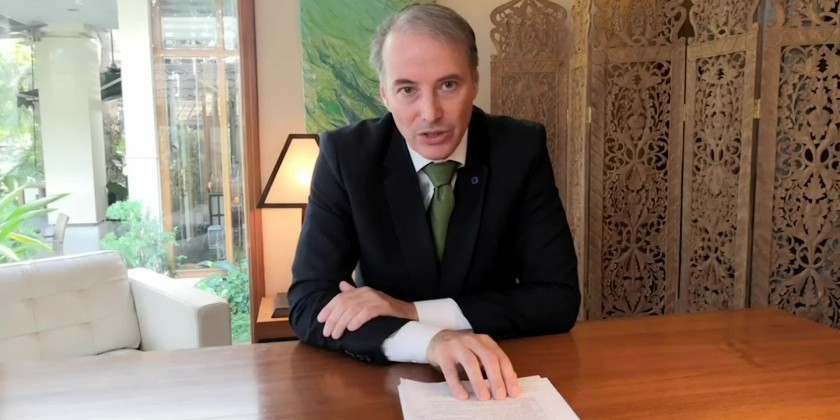
European Union (EU) provides 5 million Euros emergency cash fund to support thousands of Myanmar garment workers
The European Union has announced the creation of a 5 million Euros emergency cash fund under the name “Myan Ku” to support thousands of Myanmar garment workers who have lost their jobs due to the COVID-19 pandemic. As of end March, over 25,000 workers from more than 40 factories have been laid off as Myanmar’s garment industry grapple with the impact of COVID-19. It is estimated that out of the 700,000 garment industry workers in the country, 350,000 are at great risk of either being suspended without pay or losing their jobs permanently. The Myan Ku Fund will provide direct cash transfers to affected garment workers employed in locally-owned, joint venture or foreign owned factories. -

Myanmar Investment Commission (MIC) halves application fees for investors as coronavirus bites
Investors who wish to apply for permission to invest in the country will enjoy a 50 percent discount on application fees, the Myanmar Investment Commission (MIC) announced on April 9. This includes both Myanmar and foreign investors, the MIC said. The new fee structure will take effect from April 20 onwards and remain effective until the authorities review and revise the fees. “The main objective is to encourage investments and help businesses save costs in this difficult time,” said MIC director U Myo Min. -
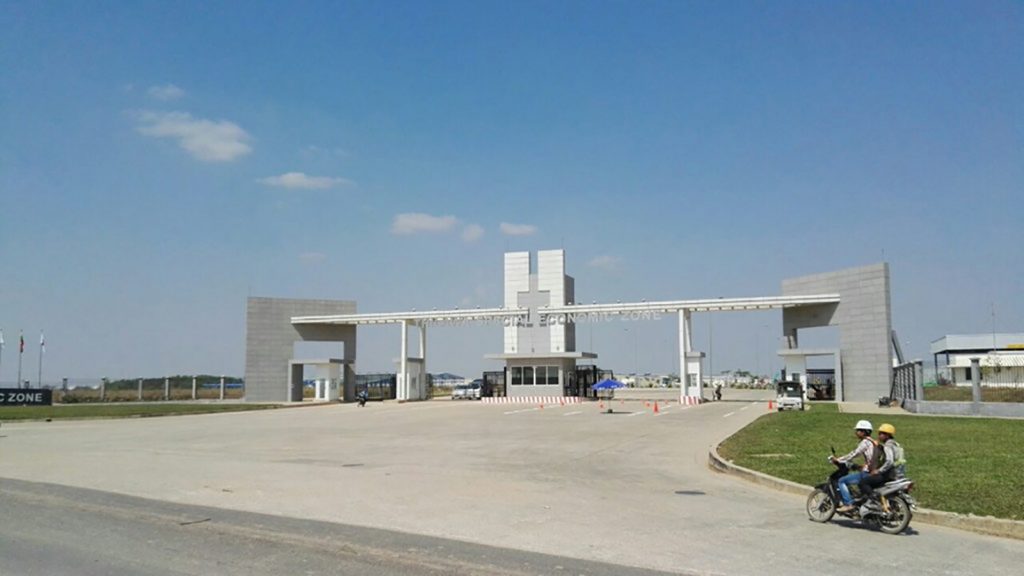
Foreign Direct Investment (FDI) in Myanmar exceeded more than USD $ 3.36 billion as of 3 April in the 2019 – 2020 financial year
Myanmar has attracted foreign direct investment of more than US$3.36 billion between 1 October and 3 April in the 2019-2020 financial year, including the expansion of capital by existing enterprises, according to the Directorate of Investment and Company Administration (DICA). The total figure includes investments of $91.85 million in the Special Economic Zones, under the Special Economic Zone Law. Myanmar has set an FDI target of $5.8 billion in the current fiscal, but we cannot measure the impact of Covid-19 at present, said MIC Secretary and DICA Director-General U Thant Sin Lwin. “The enterprises operating with imported raw materials could be affected to a certain extent. Sure, enterprises with a bigger number of labour forces will have to struggle amid the Covid-19 outbreak,” he stated. -

Three factories notified closure even though there are over 120 factories shutters
Myanmar Investment Commission (MIC) has received the official notification of the closure from three factories, even though there are over 120 factories’ shutdown, DICA Director-General U Thant Sin Lwin said on 7 April. MIC has formed the monitoring group and the working group to address the possible economic impacts caused by Covid-19. The monitoring group is led by the Directorate of Investment and Company Administration (DICA). They found layoffs and temporary and permanent closure in the factories, he added. “What an unusual case is downsizing in the factories and temporary and permanent shutdown, although only three factories have notified MIC of their closures. The remaining carried out depending on the situations of the relevant factories and industrial zones. As of 1 April, 124 factories are reported to close down the operations. Of them, 36 are permanently closed, while five carry out temporary suspension, three downsize the workers, as per the report of the Yangon Region government”, he stated. -
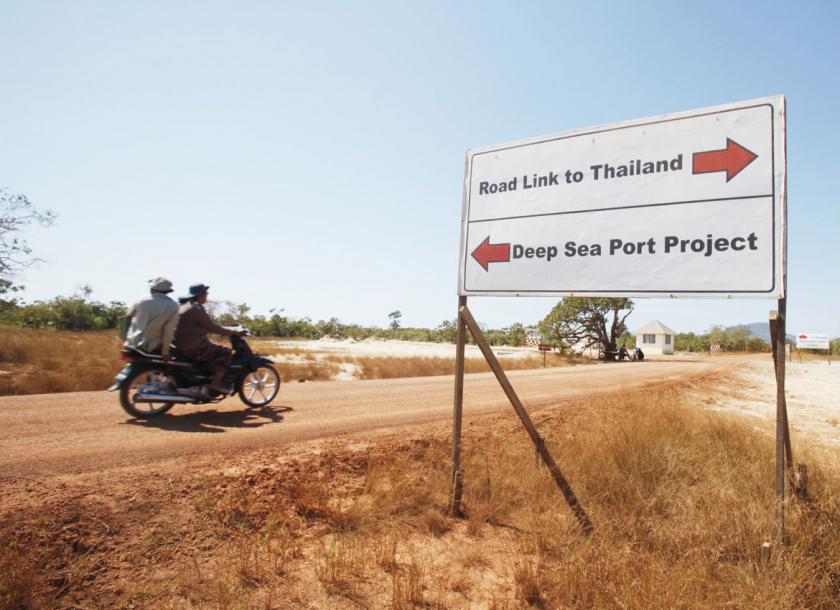
The development of Dawei Special Economic Zone (SEZ) expected to be delayed due to the outbreak of COVID – 19
Officials are expecting the outbreak of COVID-19 to slow the development of Dawei Special Economic Zone (SEZ) in Tanintharyi Region. “The virus is affecting the development process, including road construction,” said U Tin Htoo Naing, secretary of Dawei SEZ. Things are being delayed just as foreign investors were showing interest in the project. International investors were invited to invest in Dawei SEZ in October 2019, and many countries such as Singapore, India, Malaysia, Thailand, China, South Korea, Vietnam, Australia as well as several companies from Myanmar showed interest in investing in the SEZ. -
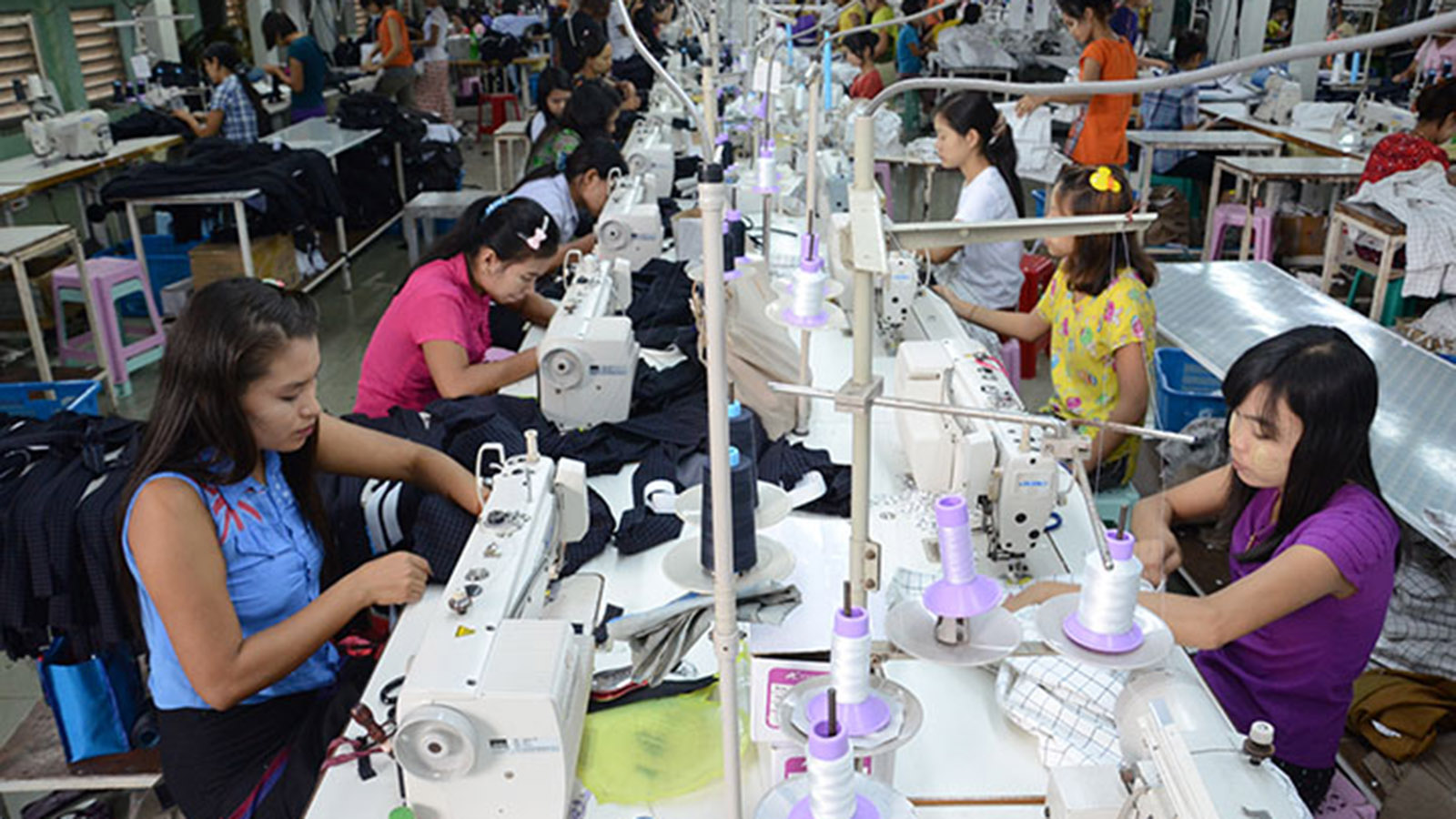
The exports of finished industrial goods exceeded USD $ 5 billion as of 27 March in the current fiscal year 2019 – 2020
Exports of finished industrial goods have touched a high of US$5.09 billion between 1 October and 27 March in the current fiscal year 2019-2020, an increase of $452 million compared with the corresponding period of the previous financial year, according to the Ministry of Commerce. As per the figures provided by the ministry, exports of finished industrial goods totalled $4.64 billion during the same period in the 2018-2019FY. Additionally, the manufacturing sector has attracted the foreign investments of $432.74 million in the 2019-2020FY, according to the Directorate of Investment and Company Administration (DICA). Myanmar’s manufacturing sector is largely concentrated in garment and textiles produced on the Cutting, Making, and Packaging basis, and it contributes to the country’s GDP to a certain extent.
เกาะติดข่าว
Copyright © 2014 Business Information Center All Rights Reserved.







